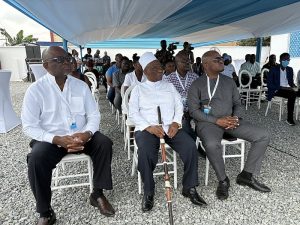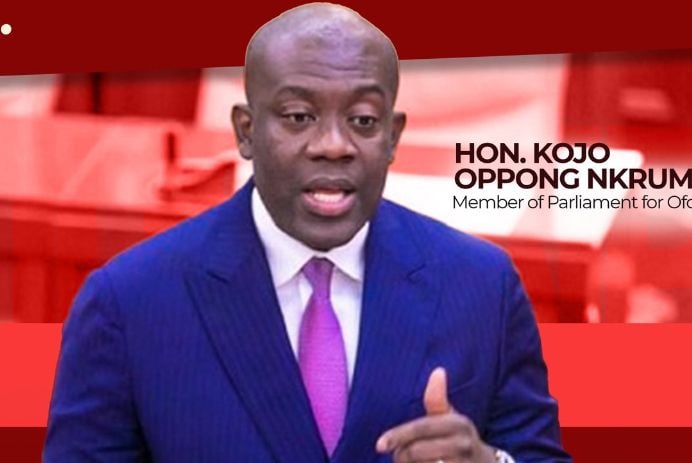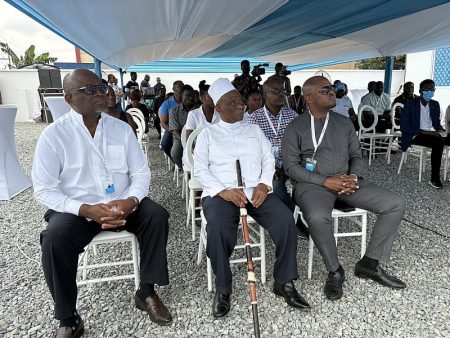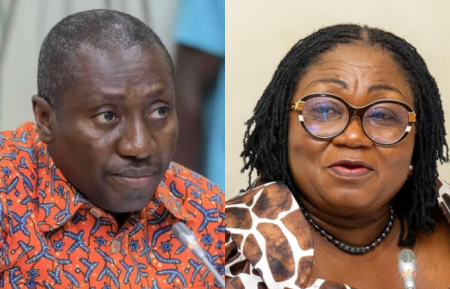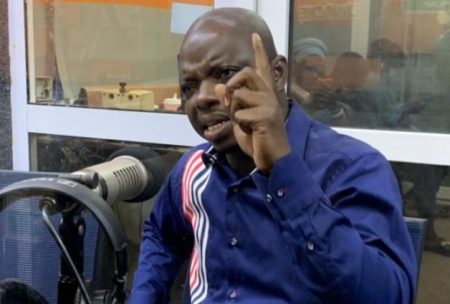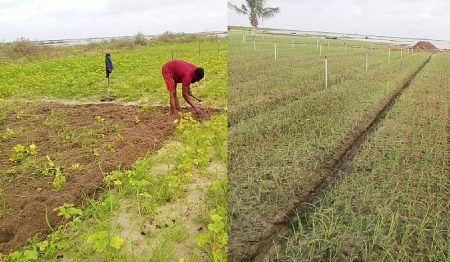The New Patriotic Party (NPP) of Ghana, under the guidance of its constitutional amendments committee, has embarked on a significant restructuring aimed at strengthening the party’s influence on government policy and enhancing internal operations. Kojo Oppong Nkrumah, a prominent member of the committee and Member of Parliament for Ofoase Ayirebi, articulated the key changes approved at the party’s National Delegates Conference, highlighting the party’s intention to play a more central role in shaping the direction of governance. This shift represents a departure from previous practice where elected officials had greater autonomy in policy formulation. The NPP now intends to establish clear policy propositions rooted in the party’s core philosophy, which elected officials, including the President and Members of Parliament, will be obligated to follow. This move underscores the party’s commitment to ensuring that its ideological principles are consistently reflected in government policy.
The party’s renewed focus on policy influence is driven by a desire to ensure that the government’s actions remain aligned with the party’s core values and the promises made to the electorate. By establishing a framework of policy propositions, the NPP aims to create a consistent and predictable approach to governance, reducing the potential for deviations or inconsistencies based on individual preferences of elected officials. This approach aims to enhance accountability and provide a clearer framework for evaluating the government’s performance against the party’s stated objectives. The move towards greater party control over policy direction also reflects a desire to strengthen the link between the party and its elected representatives, ensuring that the party’s voice is effectively channeled through government action.
Furthermore, the NPP has initiated substantial reforms to its internal structure, primarily focusing on expanding representation and strengthening disciplinary mechanisms. A key component of these reforms is a 40% expansion of the delegate base across all levels, from the polling station to the national level. This expansion is a significant step towards implementing a “one-man-one-vote” system, further democratizing the party’s internal decision-making processes and broadening participation. By increasing the number of delegates, the NPP aims to create a more inclusive and representative electoral college, ensuring that a wider range of voices within the party contribute to the selection of candidates and the formulation of party policy. This expansion reflects the party’s commitment to grassroots engagement and empowering its members at the local level.
The enhancement of the party’s governance and disciplinary frameworks is another pivotal element of the restructuring. The NPP aims to improve operational efficiency and curb indiscipline within its ranks by strengthening existing structures and introducing new mechanisms for accountability. This initiative addresses concerns about internal divisions and unauthorized actions by individual members, reinforcing the importance of adhering to party rules and procedures. By strengthening disciplinary mechanisms, the NPP aims to create a more cohesive and disciplined organization, capable of effectively implementing its agenda and maintaining its public image. These reforms seek to ensure that internal conflicts are addressed promptly and fairly, promoting unity and stability within the party.
The overarching goal of these reforms is to transform the NPP into a more robust and effective political force. By strengthening its influence on government policy, expanding its delegate base, and enhancing its disciplinary mechanisms, the NPP aims to solidify its position as a leading political party capable of effectively governing and delivering on its promises to the people of Ghana. This comprehensive restructuring reflects the party’s commitment to internal renewal and its recognition of the need to adapt to the evolving political landscape. The NPP’s focus on policy coherence, internal democracy, and disciplined operation aims to position the party for continued success in future elections and strengthen its ability to implement its vision for the nation.
The NPP’s reforms represent a significant step towards modernizing the party structure and enhancing its ability to respond to the needs of its members and the broader electorate. By strengthening the connection between the party and its elected representatives, expanding participation in internal decision-making, and reinforcing disciplinary procedures, the NPP is laying the groundwork for a more cohesive, efficient, and responsive political organization. These changes underscore the party’s commitment to continuous improvement and its recognition of the importance of adapting to the changing political environment. The success of these reforms will ultimately be judged by the party’s ability to effectively govern, deliver on its promises to the people, and maintain the trust and confidence of the electorate.




